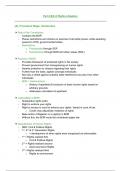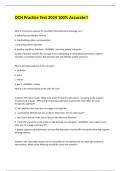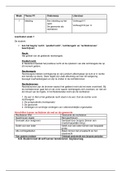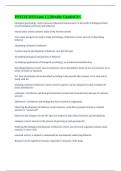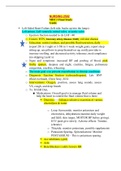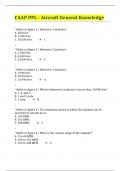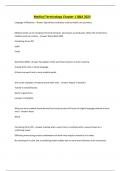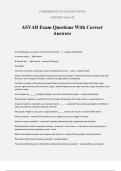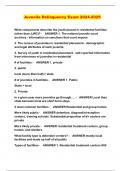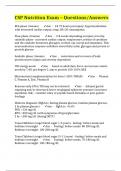Summary
Summary Constitutional Law 271 Part 2A (2023)
- Institution
- Stellenbosch University (SUN)
In this set of notes you will find all the relevant class notes, slide show notes, case discussions with textbook readings worked in. It a comprehensive set of notes that contains everything you will need for the final assessment.
[Show more]
